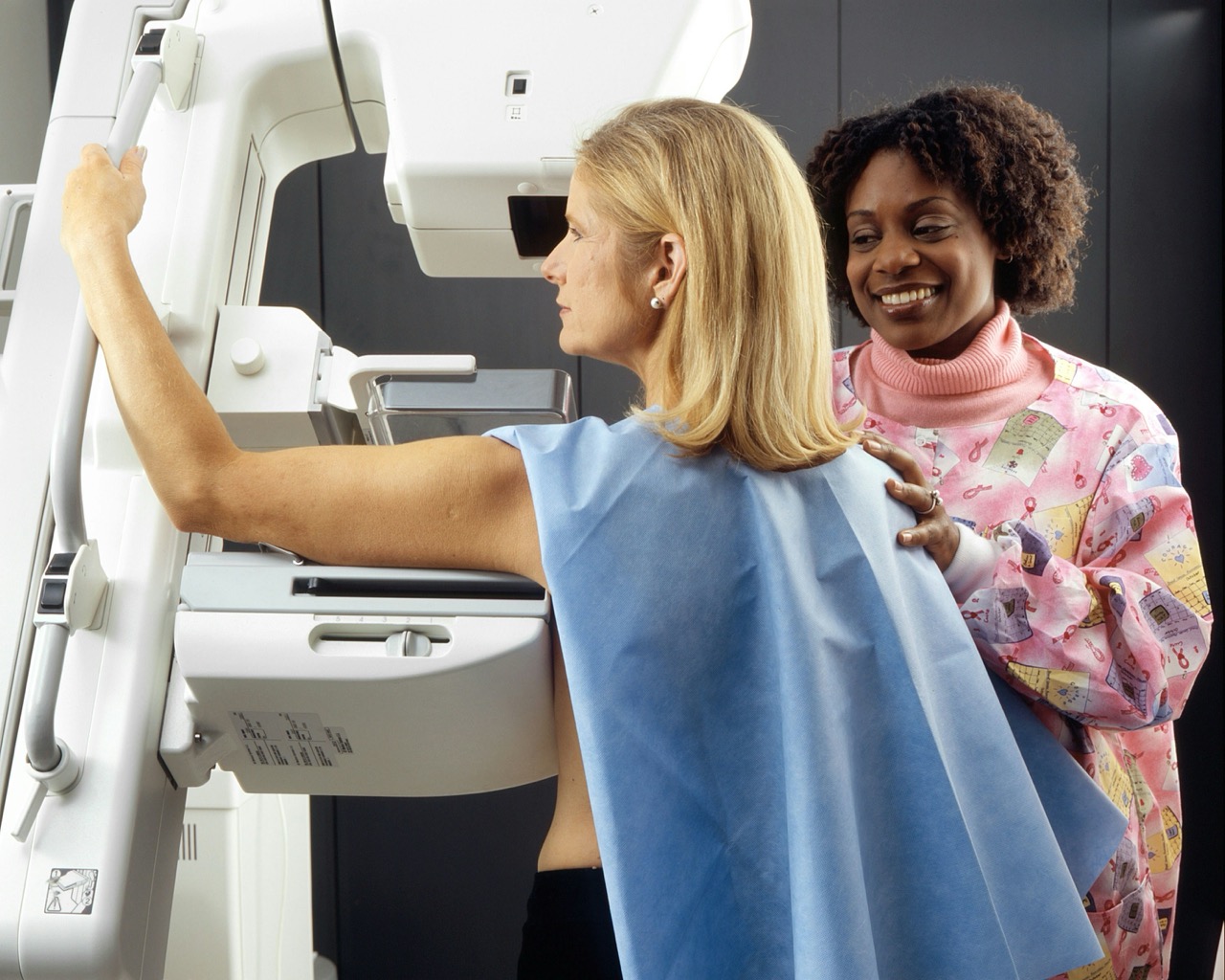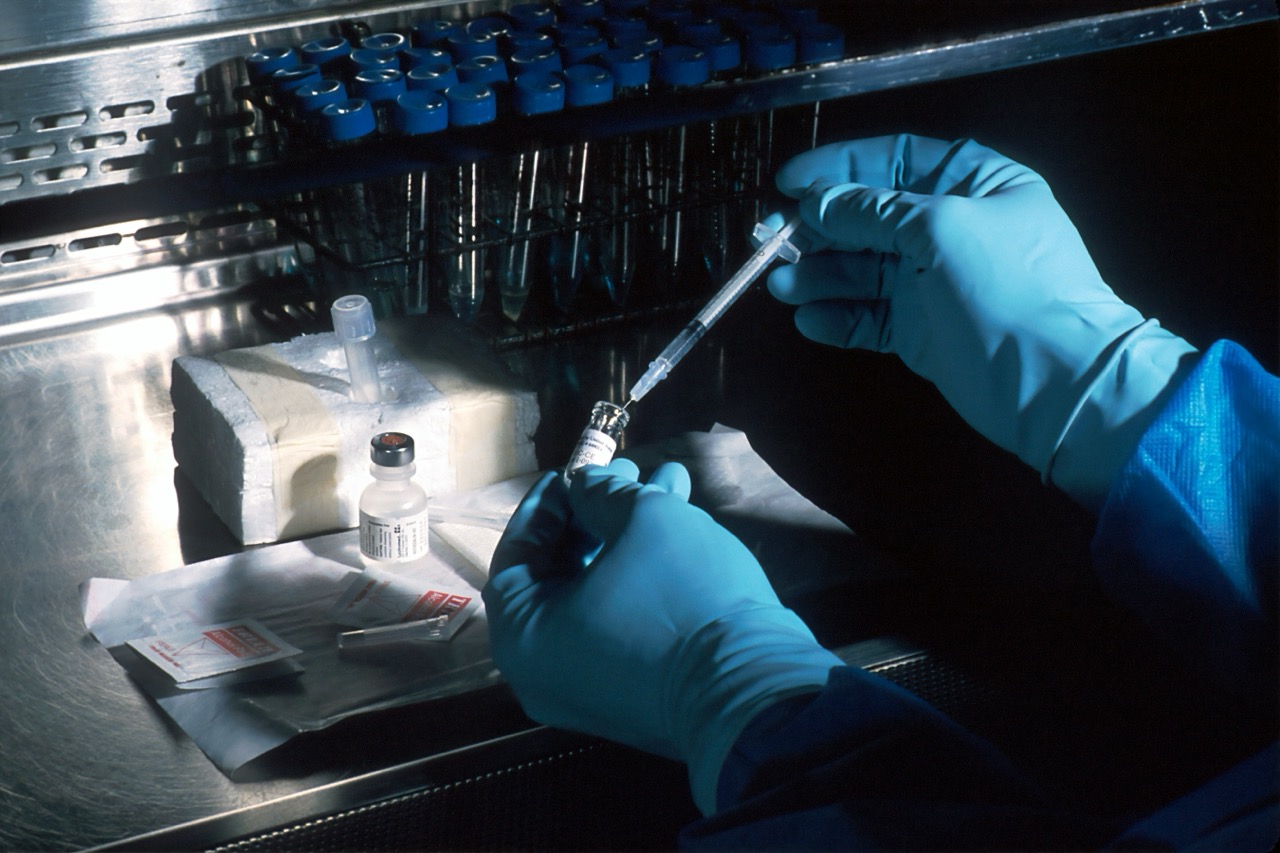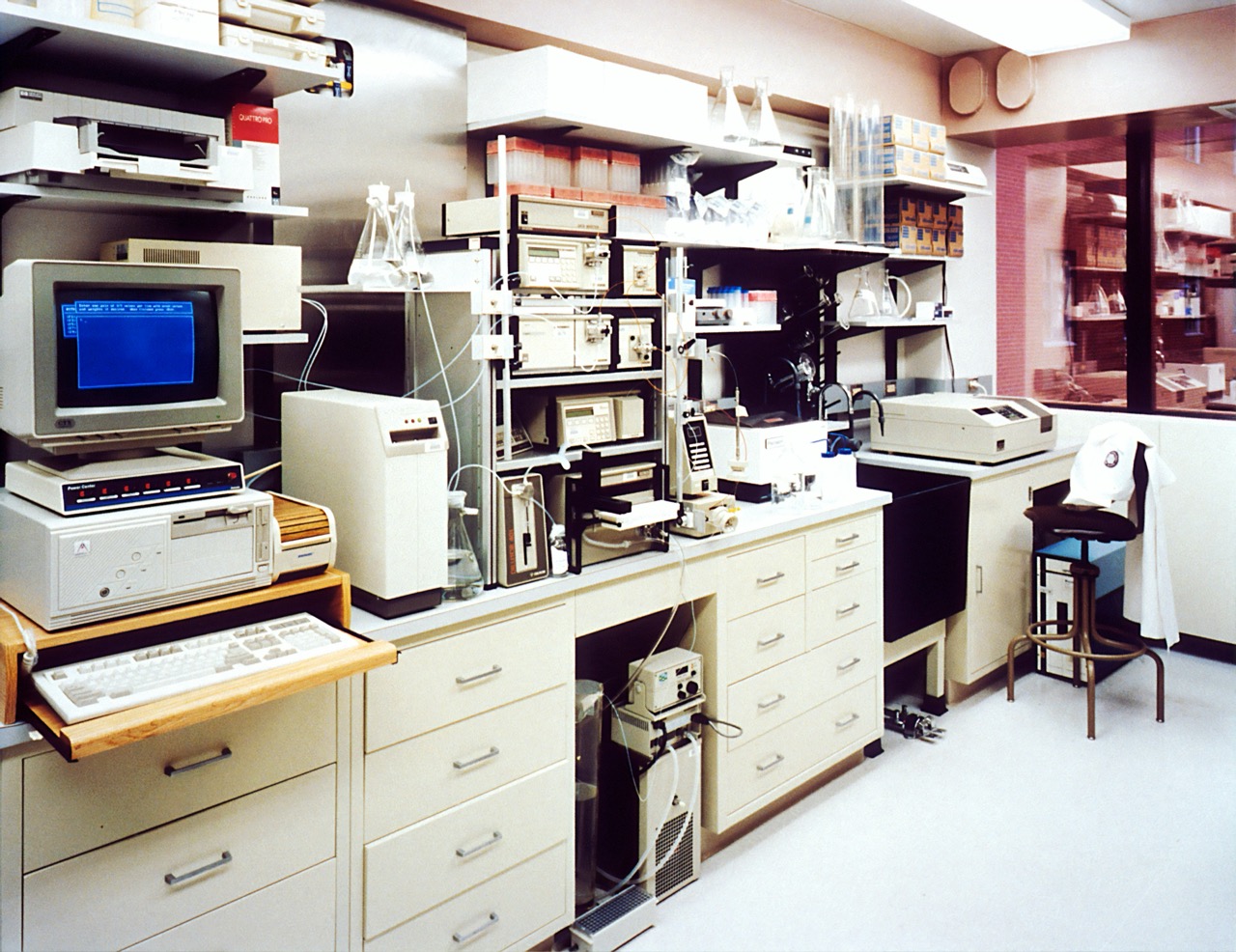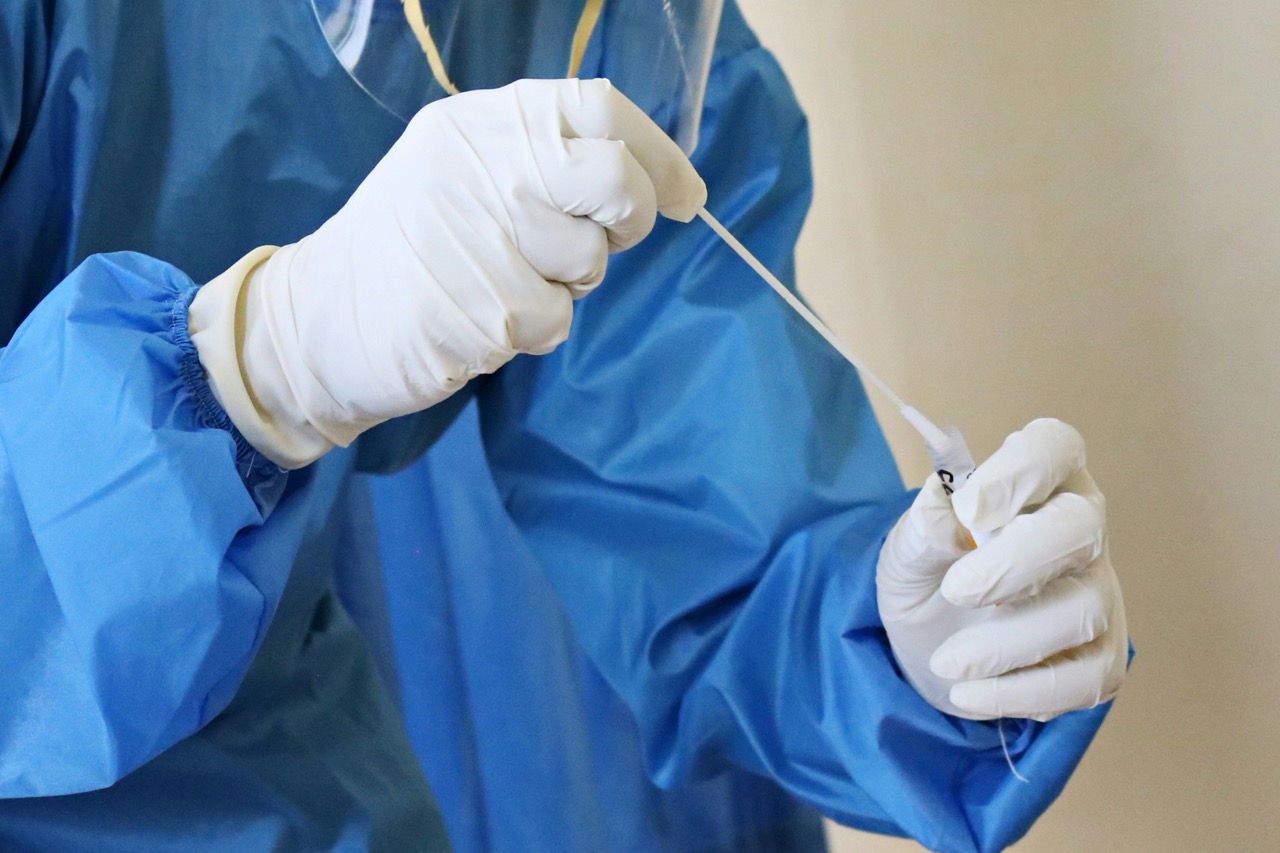In an era where awareness about sexually transmitted diseases (STDs) is increasing, the importance of regular testing cannot be overstated. However, despite the rising incidence and prevalence of STDs, many individuals hesitate to seek testing due to stigma, fear of disclosure, or loss of privacy. This has sparked interest in anonymous STD testing, a service that offers individuals a safe avenue to check their sexual health without revealing their identity. This article explores the nuances of anonymous STD testing, highlighting its importance, operation, and the various considerations that accompany such services.
Understanding Anonymous STD Testing: An Overview
Anonymous STD testing allows individuals to undergo screening for sexually transmitted infections without disclosing personal identifying information. This type of testing aims to reduce the barriers that prevent many from seeking medical assistance due to fear or stigma. Given the sensitive nature of sexual health, anonymous testing serves as a crucial component in promoting public health and encouraging individuals to take proactive steps towards their well-being.
Anonymous testing is often facilitated by clinics and organizations that prioritize patient confidentiality. While maintaining anonymity, these services also ensure that accurate testing and reliable results are provided. The lack of personal identifiers can empower individuals to seek testing without fear, ultimately contributing to early detection and treatment of STDs.
The Importance of Confidentiality in STD Testing
Confidentiality in STD testing is paramount, as many individuals may fear judgment or discrimination based on their sexual health status. This fear can lead to delayed testing and treatment, exacerbating the spread of infections. When confidentiality is guaranteed, patients are more likely to seek help, engage in open discussions about their sexual health, and practice safer behaviors, thus reducing transmission rates.
Furthermore, confidentiality is essential for fostering trust between patients and healthcare providers. Patients must feel secure in sharing sensitive information without the risk of it being disclosed to unauthorized parties. Confidential environments not only enhance the patient experience but also ensure adherence to public health protocols, as individuals are more willing to disclose their conditions for contact tracing and preventive measures.
How Anonymous STD Testing Works: A Step-by-Step Guide
The process of anonymous STD testing generally begins with finding a suitable testing provider that offers anonymity. Patients can choose from various options, including online services, local clinics, or public health organizations. Many of these services allow for online appointment scheduling, making it convenient to access testing without the pressure of face-to-face interaction.
Once an appointment is made, individuals typically provide minimal information, such as age and gender, without revealing their names or contact details. Testing may involve a blood draw or urine sample, depending on the infections for which the individual is being screened. After testing, results are usually delivered through a secure online platform or via a confidential phone call, ensuring that the individual’s privacy is maintained throughout the process.
Types of STD Tests Available for Anonymous Screening
Anonymous STD testing covers a broad range of sexually transmitted infections, including but not limited to chlamydia, gonorrhea, syphilis, HIV, and herpes. The specific tests offered can vary by provider, with some specializing in comprehensive panels that screen for multiple infections simultaneously.
Patients can often select between different testing methods, including rapid tests that provide results in minutes, and laboratory tests that may take longer to process. This variety allows individuals to choose a testing option that best fits their needs, whether they seek immediate results or a more discreet testing experience.
Advantages of Choosing Anonymous STD Testing Services
One of the primary advantages of anonymous STD testing is the reduced stigma associated with seeking care. Many people feel more comfortable getting tested when they know their identity will remain undisclosed. This comfort can lead to higher testing rates, and ultimately, better public health outcomes, as more individuals take responsibility for their sexual health.
Another advantage is the increased accessibility of testing services. Anonymous testing often includes options for online consultations and home testing kits, allowing individuals who may have mobility issues, live in remote areas, or have demanding schedules to access testing easily. The convenience associated with anonymous testing encourages more people to prioritize their sexual health and seek timely interventions.
Limitations and Challenges of Anonymous STD Testing
Despite its benefits, anonymous STD testing does come with limitations. One significant challenge is the potential for a lack of follow-up care. Since personal information is not collected, it can be difficult for healthcare providers to reach patients with positive results, thereby compromising timely treatment and further preventive measures.
Additionally, the absence of personal identifiers can create barriers to comprehensive healthcare. Patients may struggle to establish ongoing relationships with healthcare providers, leading to fragmented care. This may hinder access to additional services such as counseling, ongoing testing, or treatment for co-existing conditions, ultimately impacting long-term health outcomes.
Legal and Ethical Considerations in Anonymous Testing
Legal and ethical considerations are crucial in the realm of anonymous STD testing. Protecting patient confidentiality is a fundamental principle in healthcare; however, it must be balanced with public health responsibilities such as reporting certain STDs to health authorities. Providers must navigate these legal obligations carefully, ensuring compliance while maintaining the anonymity of the patient.
Ethically, providers must also consider the implications of anonymous testing on public health initiatives. While anonymity can encourage testing, it may also inhibit effective contact tracing and intervention strategies, complicating efforts to control the spread of STDs. Thus, a careful balance must be maintained to uphold ethical standards while promoting individual privacy.
Comparing Anonymous Testing with Traditional Testing Methods
When comparing anonymous testing to traditional testing methods, the primary distinction lies in the degree of confidentiality and personal information disclosure. Traditional testing generally requires personal identifiers, which may deter some individuals from seeking necessary care. In contrast, anonymous testing removes this barrier, allowing a wider range of individuals to access services.
However, traditional testing may offer advantages in continuity of care. By establishing a relationship with healthcare providers, patients may benefit from comprehensive health services, including ongoing monitoring and education. Thus, while anonymous testing can increase initial access to care, it may not always provide the long-term support that traditional methods can offer.
Popular Providers of Anonymous STD Testing Services
Several organizations and clinics have gained recognition for their anonymous STD testing services. National chains such as Planned Parenthood and local health departments frequently offer anonymous testing as part of their reproductive health services. Additionally, online platforms like STDcheck.com and LetsGetChecked.com are gaining traction, allowing individuals to order tests from the comfort of their homes.
These providers often emphasize the importance of confidentiality and offer a variety of testing options, making them accessible to a diverse population. By leveraging technology and the vast reach of the internet, these services continue to expand the availability of anonymous testing, catering to the growing demand for confidential healthcare solutions.
Cost Analysis: Is Anonymous Testing Worth the Investment?
The cost of anonymous STD testing can vary significantly based on the provider and the specific tests included. Some services may accept insurance, while others operate on a fee-for-service basis. While the cost may be higher than traditional testing at public health facilities, many individuals are willing to pay a premium for the privacy and convenience that anonymous testing provides.
Ultimately, the investment in anonymous testing can be seen as a cost-effective measure for peace of mind and proactive health management. Early detection and treatment of STDs not only prevent the spread of infections but also reduce long-term health complications, making the expense worthwhile for many individuals concerned about their sexual health.
Patient Experiences: Testimonials on Anonymous Testing
Patient experiences with anonymous STD testing often highlight the empowerment and relief individuals feel when accessing these services. Many report that the anonymity offered by such testing allowed them to confront their fears and take charge of their sexual health without the worry of judgment. This experience can be particularly liberating for individuals from stigmatized communities or those who have previously faced barriers to traditional healthcare.
However, some patients also express concerns regarding follow-up care and support after receiving their results. While the initial process may be seamless and reassuring, those who test positive may feel uncertain about the next steps, emphasizing the need for providers to consider mechanisms for follow-up and support in the anonymous testing model.
Future Trends in Anonymous STD Testing and Public Health
Looking ahead, the future of anonymous STD testing appears promising, especially with the rise of telemedicine and digital health solutions. As technology continues to advance, it is likely that more individuals will choose anonymous testing options that can be conducted from home, reducing barriers to accessing care further.
Public health initiatives may also evolve to incorporate anonymous testing as a strategy for increasing testing rates and controlling the spread of STDs. By integrating anonymous testing into comprehensive sexual health campaigns, health authorities can foster a culture of openness and responsibility surrounding sexual health, ultimately benefiting individuals and communities alike.
Anonymous STD testing represents a significant advancement in the quest to improve sexual health outcomes while minimizing stigma and promoting confidentiality. By understanding the mechanics, advantages, and challenges of anonymous testing, individuals can make informed decisions about their sexual health. As we move forward, the continuous evolution of testing methods and public health strategies will play a pivotal role in fostering a healthier, more informed population.










